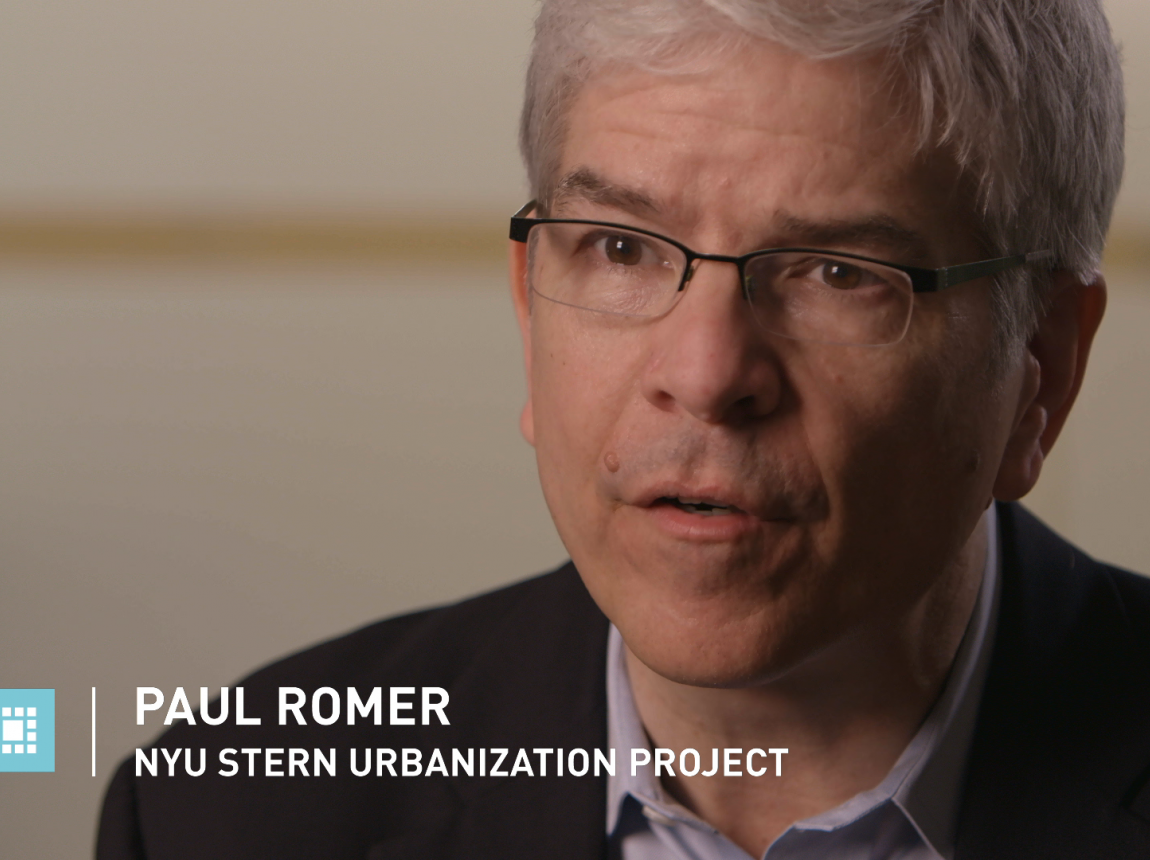Trust in the Changing World
+ Kari Kohn
Operating primarily in urban environments, firms in the sharing economy have been undergoing a bumpy ride as the sector begins to move out of the infancy phase. One of the big areas of learning is around trust and how to create it in a cost effective manner. Wired magazine gives a nice historical summary of how the public and private sector have collaborated to establish trust since the beginning of the Industrial Revolution, a time of significant migration to cities.
Today, the efforts of firms in the sharing economy to eliminate bad actors have been aided by technologies that pour through collected marketplace data. Other trends include outsourcing insurance through trust and safety surcharges; however, that doesn't go far enough. Many of these firms have found that face-to-face interactions (real or virtual) are also very important for successful outcomes. In a sense, trust by way of traditional social norms is once again gaining ground on institutionalized forms of trust:
Tile image courtesy of Spiros Vathis.

